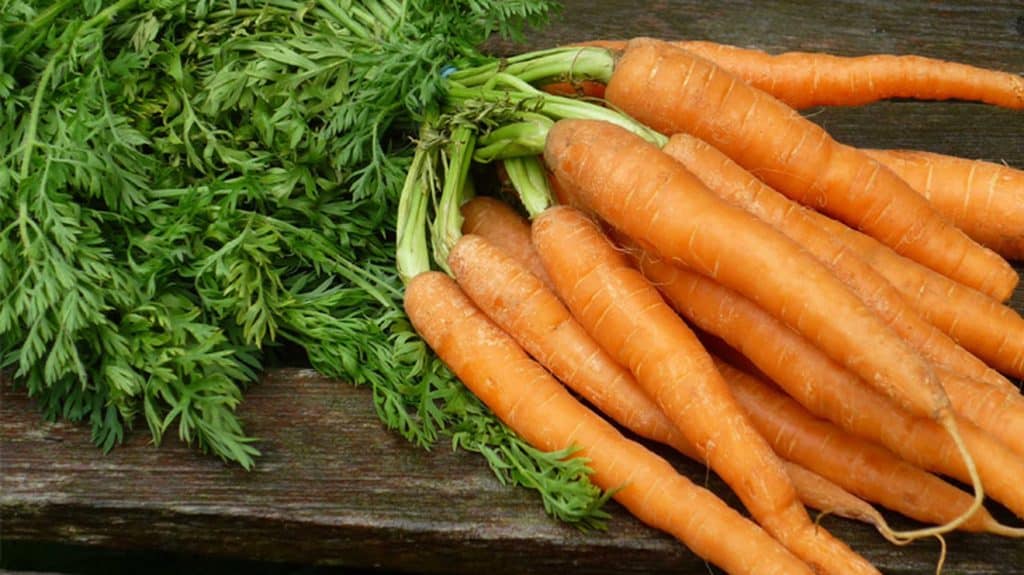
Which of the following foods does not support bacterial growth?
A. Raw carrots
B. Sauted onions
C. Refried beans
D. Cooked rice
Answer
Raw carrots is the correct answer. Bacteria need moisture, a food source, and warmth to grow. Raw carrots have very little moisture compared to other foods like bread or chicken.
Which Foods Don’t Support Bacterial Growth?
Bacteria enjoy foods that are neutral to slightly acidic. They will not grow in highly acidic foods like lemons and vinegar but will grow well in vegetables, meat, and some fruits. The temperature needs to be considered for bacterial growth.
What Supports The Growth of Bacteria in Food?
Bacteria need moisture, a food source, and warmth to grow. Raw carrots have very little moisture compared to other foods like bread or chicken. The optimal temperature range for bacterial growth is between 40°F and 140°F.
What Are Some Factors That Affect Bacterial Growth?
There are several factors that affect bacterial growth:
- The type of bacteria
- The amount of oxygen present
- pH level
- Temperature
- Nutrients available in the food
How Can I Prevent Bacterial Growth on Food?
You can prevent bacterial growth by keeping food refrigerated, cooked properly, and free from contaminants. You should also avoid cross-contamination by keeping raw meat away from other food. Wash your hands often, and clean all surfaces that come into contact with food.
What Is The Best Way To Avoid Cross Contamination When Cooking?
The best way to avoid cross-contamination is to keep raw meat away from other food. Wash your hands often, and clean all surfaces that come into contact with food. You should also cook meat thoroughly to kill any bacteria that may be present.
Does Rice Support Bacterial Growth?
Rice does support bacterial growth. Uncooked rice can contain spores of Bacillus cereus, bacteria that can cause food poisoning. The toxins produced by these bacteria may cause vomiting or diarrhea. cook any rice properly before consuming it to ensure that the toxins are destroyed.



